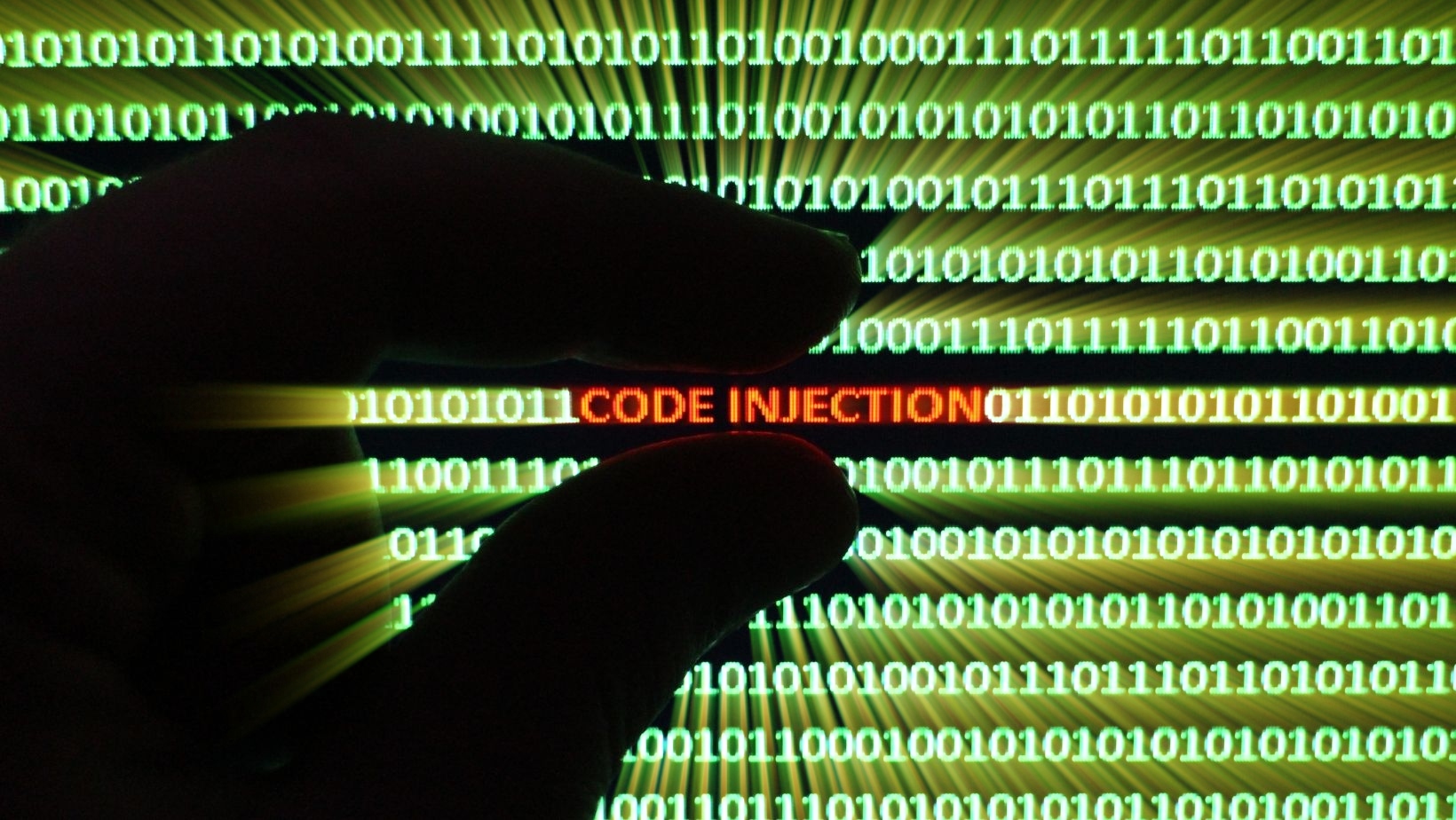When looking for code repositories on Github, it is important to be aware of the potential risks involved in downloading and using code from unknown or untrusted sources. While Github is a great platform for sharing code and collaborating on projects, there are also many malicious actors who use the platform to distribute malware or host phishing sites.
Some of the most common ways that malicious actors abuse Github are by creating fake repositories that masquerade as legitimate ones, or by adding malicious code to real repositories. For example, a recent study found that over 2,000 popular Github repositories had been compromised by malware. In another case, a group of hackers created a fake version of the popular JavaScript library jQuery that included a backdoor that gave them access to the infected websites. If you are not careful, it is possible to download and use code from Github that contains malware or that will redirect you to a phishing site. To protect yourself, it is important to only download code from trusted sources and to carefully review any code before running it on your computer. You can also check the reputation of a repository by looking
The different types of malicious threats that can occur on Github
Some of the threats that might encounter are fake repositories that masquerade as legitimate ones, injection of malicious code into real repositories, creation of phishing sites, distribution of malware etc. In order to protect yourself from these threats, it is important to be aware of them and take precautions when using Github. For example, you should only download code from trusted sources, and carefully inspect any code that you do download. You should also avoid clicking on links from unknown or untrusted sources, as they may lead to phishing or malware sites.
Be sure to also keep your software up-to-date, as many of the latest malware threats take advantage of vulnerabilities in older software. Lastly, make sure to have a good antivirus program installed and running, which can help protect you from malicious code.
Examples of recent attacks that have occurred on Github:
In February of 2018, a group of hackers created a fake version of the popular JavaScript library jQuery that included a backdoor. This allowed the hackers to gain access to any website that included the infected code. In March of 2018, it was discovered that over 2,000 popular Github repositories had been compromised by malware. The malware was disguised as legitimate code files, and it infected the computers of anyone who downloaded the repositories. In May of 2018, a phishing attack was launched against Github users. The attack redirected users to a fake GitHub page, where they were asked to enter their login credentials. Once entered, the credentials were stolen by the attackers.
Be sure to stay vigilant when using Github, and be aware of the potential risks involved in downloading code from unknown or untrusted sources. By being aware of the different types of threats that can occur on the platform, you can protect yourself and your computer from becoming a victim.
What to do if you think your account has been compromised
If you think that your account has been compromised, there are a few things that you can do to help protect yourself. First, be sure to change your password immediately. You should also check your account activity to see if any unauthorized changes have been made. If you see anything suspicious, report it to GitHub immediately. Additionally, you should install and run a good antivirus program to help protect your computer from any malicious code that may have been downloaded. Lastly, be sure to keep your software up-to-date, as many of the latest malware threats take advantage of vulnerabilities in older software.
By following these steps, you can help protect yourself from being a victim of a hack on GitHub. Remember to always be vigilant when using the platform, and report any suspicious activity to GitHub immediately.


More Stories
Potential Malicious Threats on Github
Github CItation according to APA
GitHub faces DDoS attack from Chinese botnets